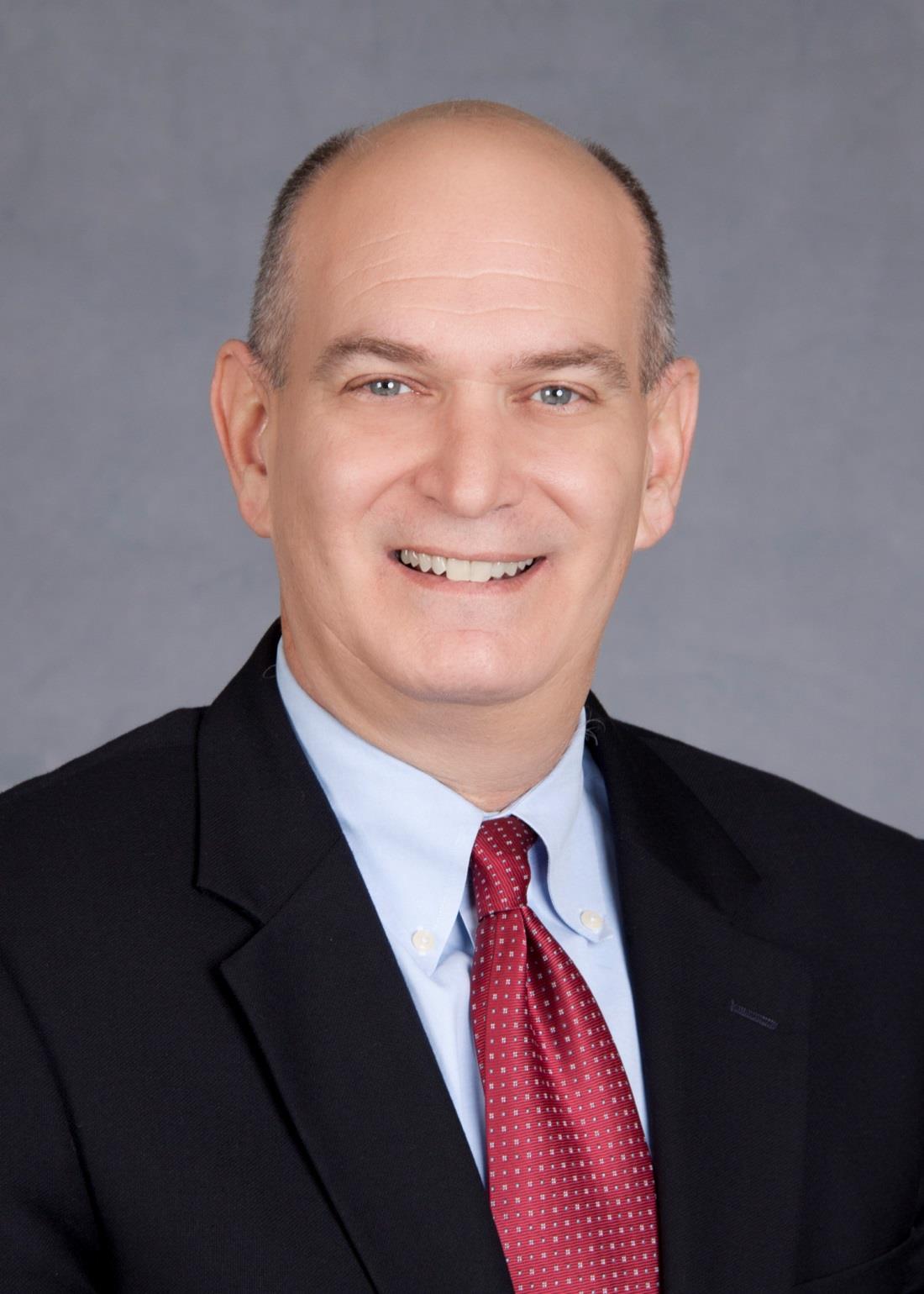Formed in 2013, Allegheny Health Network is still fairly new, but the Pittsburgh-based system has secured its position as an industry leader in just a few short years.
AHN, a member of Highmark Health, is an integrated system that includes seven hospitals and more than 1,700 physicians. The system was created in 2013 when Highmark finalized its acquisition of West Penn Allegheny Health System, which was on the verge bankruptcy. Although Highmark announced plans to acquire West Penn Allegheny in June 2011, legal challenges, regulatory scrutiny and public debate kept the deal from closing for more than a year.
Since its formation, AHN has made significant investments in technology and expanding programs into new markets. The system is now in a position to leverage those investments, and Jeff Crudele, who has served as CFO of AHN since December 2015, is guiding the system through the process using knowledge he's gained in his more than 30-year career.
Before joining AHN, Mr. Crudele spent much of his career with Nashville, Tenn.-based Hospital Corporation of America, serving in various executive level roles, including CFO of HCA's Eastern Group, which encompassed more than 90 hospitals.
Becker's Hospital Review recently caught up with Mr. Crudele to get his insight on the challenges hospitals and health systems are facing today and the skills healthcare CFOs need to help their organizations overcome those obstacles.
Note: Responses have been lightly edited for length and clarity.
Question: As the healthcare industry shifts to value-based systems of pay, what is the biggest challenge AHN is facing? What strategies is the organization employing to meet this challenge?
Jeff Crudele: There is no doubt that the entire industry is facing a major challenge in how to successfully shift to a value-based model. Each market has its own local dynamics, but there are some common themes across the country. Here at AHN, we are implementing an integrated delivery system model with Highmark that has the potential to be  transformational. While many healthcare systems are focusing on payment system structures alone, we are working on truly integrating and synchronizing our care transformation efforts, which are centered around the patient experience and patient outcomes throughout the system. In our model, we can accelerate integrated clinical approaches.
transformational. While many healthcare systems are focusing on payment system structures alone, we are working on truly integrating and synchronizing our care transformation efforts, which are centered around the patient experience and patient outcomes throughout the system. In our model, we can accelerate integrated clinical approaches.
Q: What are a few of your top priorities for 2016 as CFO of AHN?
JC: AHN has made great strides on all fronts since its inception in 2013. We've made a wide array of investments throughout the system in these first couple of years, and we are now entering a phase where we are well positioned in the market. Leveraging those investments to improve our overall financial performance and building an industry-leading integrated delivery system model with Highmark are my highest priorities this year.
Q: What skills are essential for health system CFOs in today's healthcare climate beyond traditional financial and business acumen?
JC: Inspirational leadership is at the top of my list. CFOs are finding that they must combine a number of traditional skill sets with new ones that influence the organization in a new way and accelerate change.
Navigating through complex and sometimes unpopular issues on the way to making changes is perhaps the most difficult thing that a health leader does in today's environment. CFOs are strengthening their communication, conflict-management and consensus-building skills to do just that, and the real quantum leap will come when more CFOs exhibit inspirational leadership within their organizations, to complement these essential tactical skills.
Q: How has the health system CFO role evolved in recent years?
JC: In the last two decades, there has been increasing operational involvement by all CFOs, as finances have become more challenging across the industry, and a deeper understanding and involvement in core activities has become essential for sustained financial performance. Likewise, and perhaps more importantly, the CFO's role as a strategist and directional thought leader has been elevated in virtually all large systems across the country.
Q: What is the most interesting trend you're seeing in healthcare, either on a national level or in Western Pennsylvania?
JC: Certainly the most impactful is the overall shift to a value-based model. But personally, I have a great interest in how high-tech advancements are now beginning to be real enablers to transform the patient experience and improve quality. Never before have we had such great potential for making things easier for the patient and for leveraging technology to improve outcomes.
More articles on healthcare finance:
This week's 5 must-reads for hospital CFOs
A state-by-state breakdown of 71 rural hospital closures
CMS' 2017 IPPS proposed rule: 10 points to know

